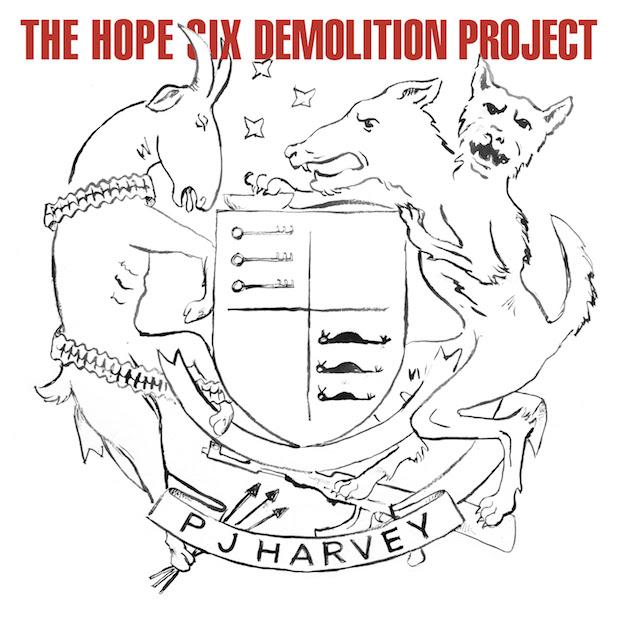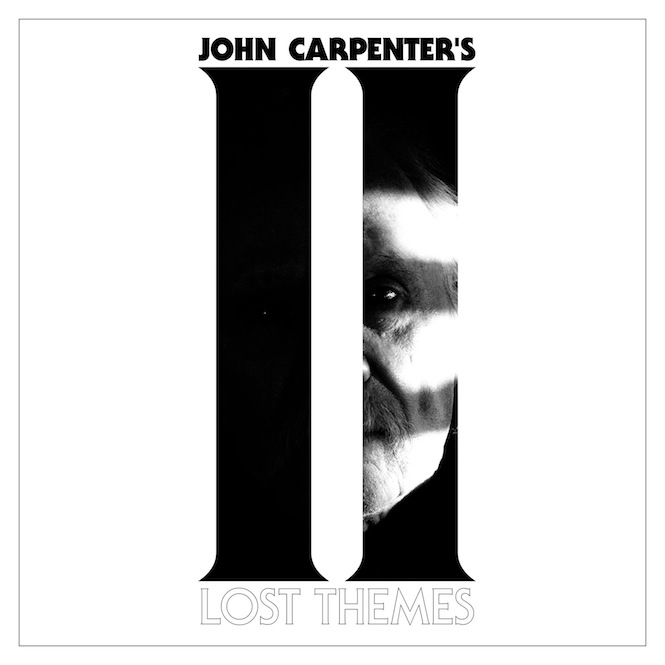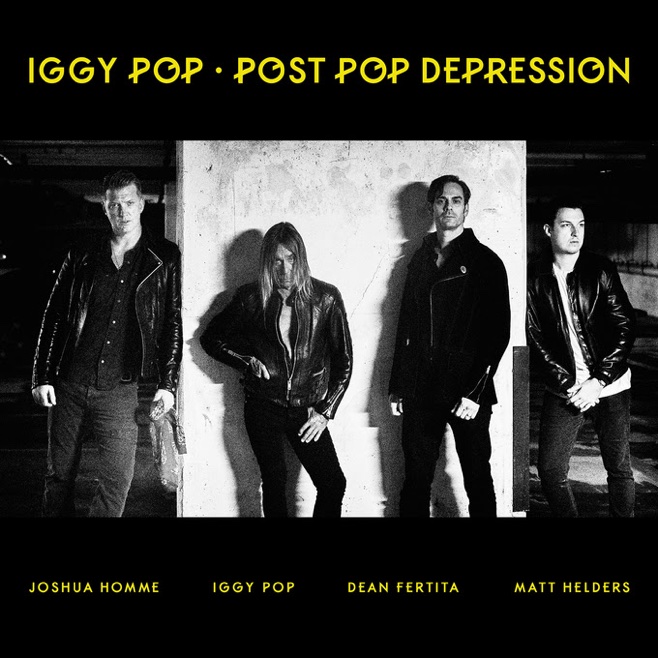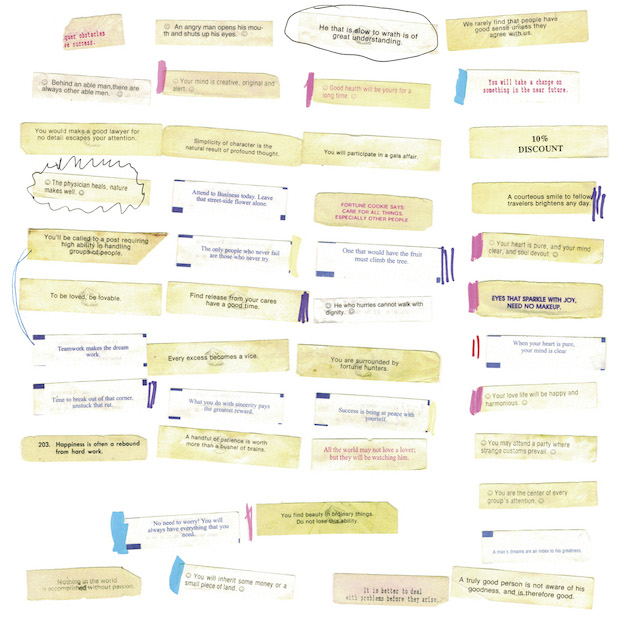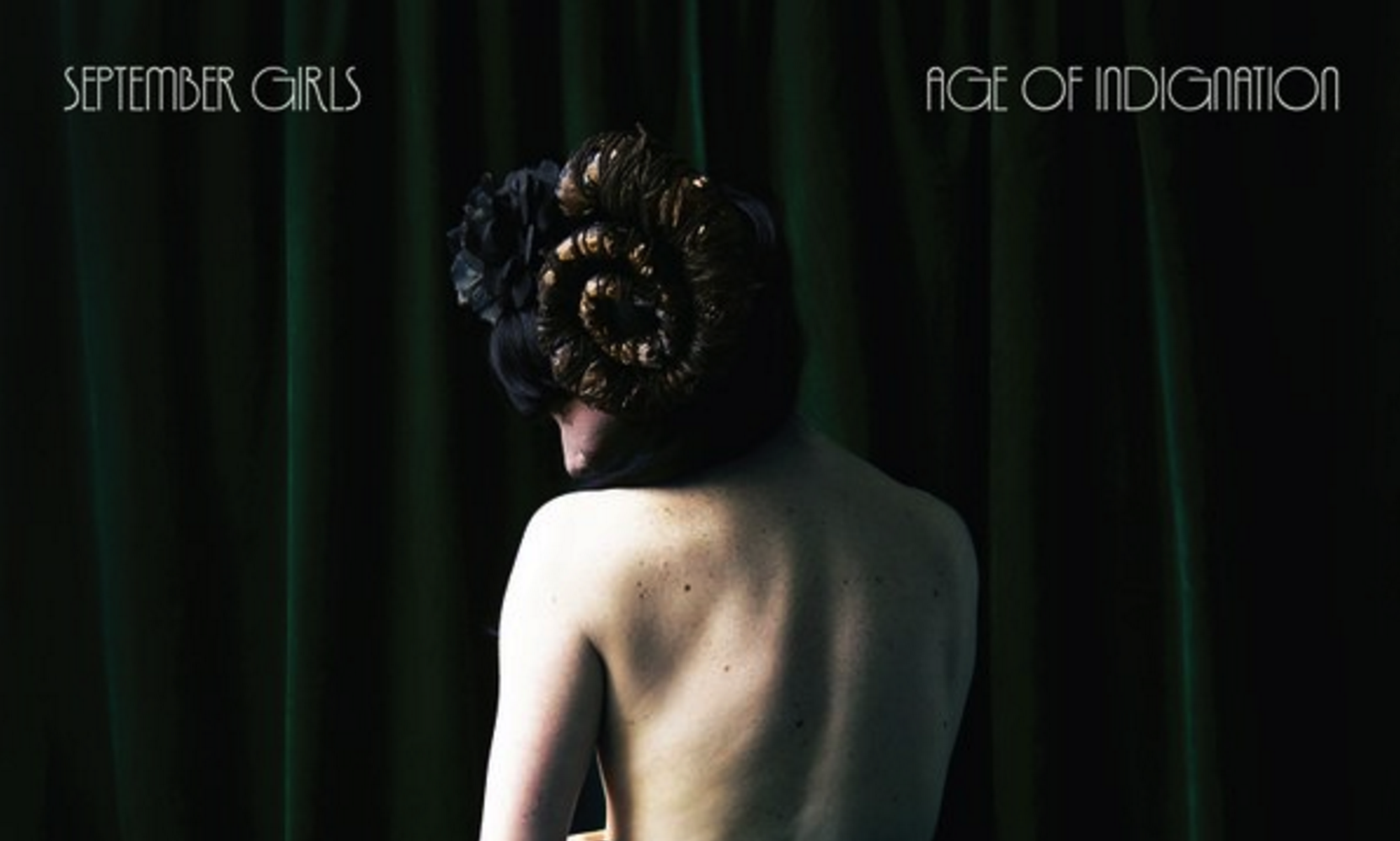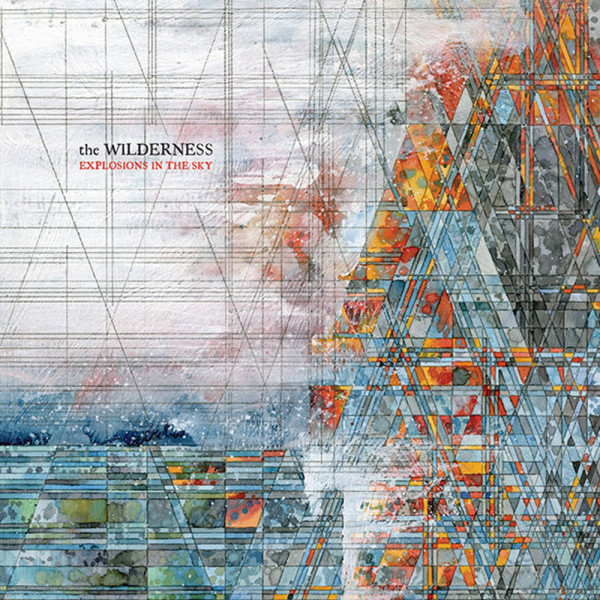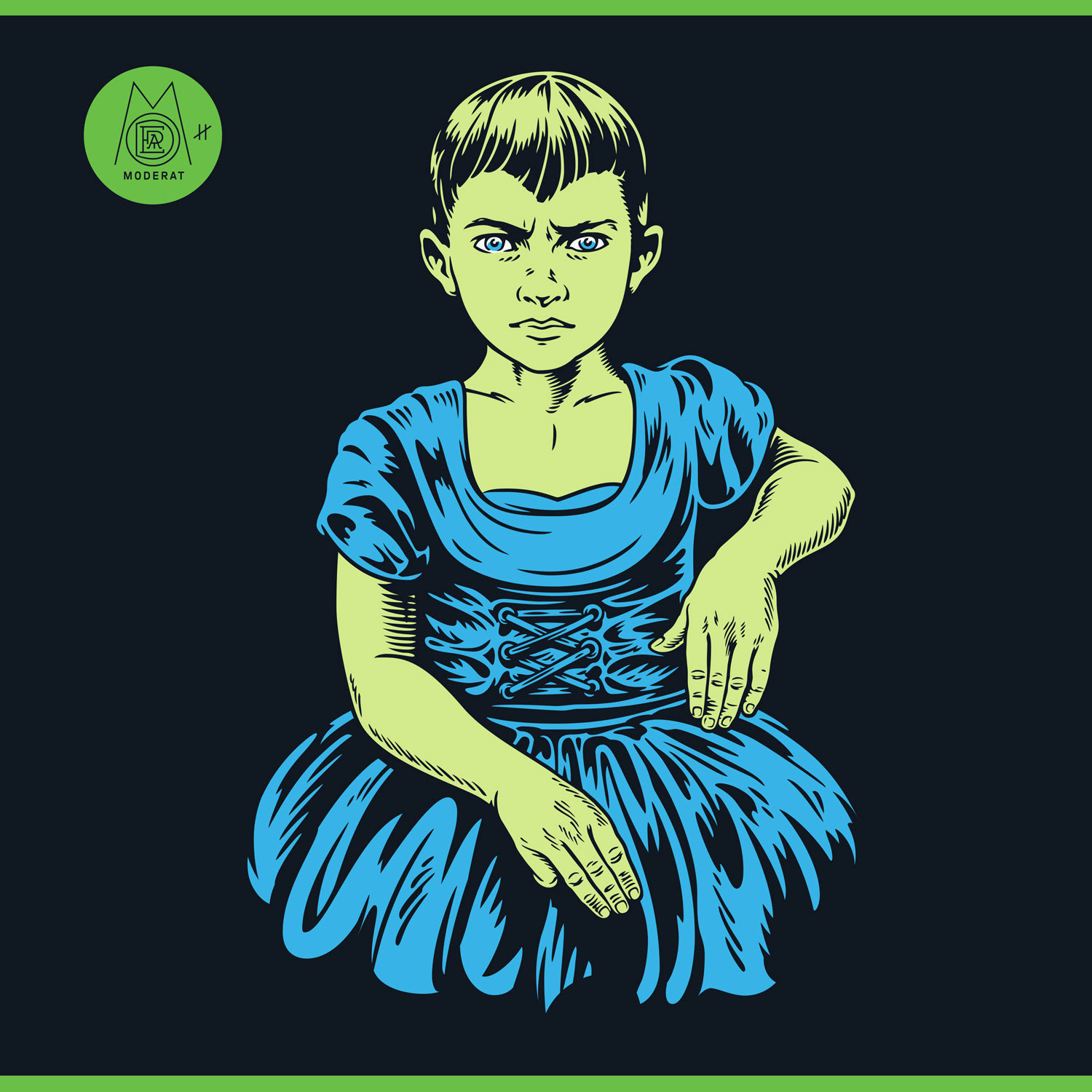PJ Harvey’s back catalogue is a sight to behold. Over eight solo records, the woman hasn’t even skimmed the surface of a bad record. She’s toyed with a multitude of genres from Albini noise to electronica to English folk and fit into each with alarming ease. Yet in spite of her mercurial ability, she still finds a way to challenge her listeners, even this late in the game. Her previous album, Let England Shake, was a concept album the first world war as viewed through English folk music. Her latest LP, The Hope Six Demolition Project, is a vicious polemic…
-
-
Lost Themes 2 is legendary filmmaker and composer John Carpenter’s follow-up to his 2015 effort, Lost Themes. The central concept behind the record is simple: themes for films that Carpenter never made. To anyone who has seen the likes of Assault on Precinct 13, Escape From New York or Halloween, this is a salivating promise as it distills one of the man’s greatest strengths into a single cohesive package. Lost Themes 2 is an expansion on that same idea, and not unlike a sequel, it builds upon the groundwork laid in the first outing in bigger, more polished way. The…
-
The biggest challenge for an older artist with a lengthy career is to stay relevant and keep their audience interested. Some manage this with ease – Nick Cave has rarely put a foot wrong since the beginning of the 80s, for example – but most, including ‘godfather of punk’ Iggy Pop (on the scene a decade or so longer than Cave), will inevitably start to fly slightly under the radar after a while. In his early days he always worked best with strong collaborator, be it the rest of the original Stooges, James Williamson in their later incarnation – though none of these were quite able…
-
There aren’t many labels in popular music that come with as many unspoken assumptions as ‘singer-songwriter’ does. As cultural archetypes go, it’s uniquely malleable and somewhat slippery – images are conjured both of introverted Moleskine-clutching creatives & street-busking dilettantes, haunting cafés as they wrestle with personal demons. It’s a label that could be reasonably applied to artists across a broad spectrum of creativity/popularity/influence while still retaining its diagnostic value – Nick Drake and Ben Howard are both ‘singer-songwriters’ in some sense or another. There also tends to be a smuggled expectation among listeners that the songwriting of a ‘singer-songwriter’ will…
-
The music of Will Oldham aka Bonnie ‘Prince’ Billie has always had a rusty quality to it, as if his songs were assembled with nuts and bolts that rattled as they moved, always slightly out of place yet somehow holding everything together. This has, by and large, lent to his previous releases having a consolatory quality, as if their rickety composition and his own quivering, fragile vocals provide some comforting projection of listeners’ most emotionally brittle, bare moments. That comforting aspect that has pervaded Oldham’s previous output has been given a far more meditative twist on his latest collaboration, one…
-
“I am reborn”, sing September Girls in the opening track of their second album Age Of Indignation. While this album doesn’t represent a musical rebirth – the band still operate at the intersection between fuzzy noise pop and post-punk – it does represent a band growing in ambition, both musically and lyrically, continuing a trend that’s been happening gradually over the course of their career to date. The musical ambition is evident straight away, opening with the 6 and a half minute ‘Ghost’, a track that builds in intensity from a slow burning intro to a lengthy pummelling conclusion that sounds like an even more ferocious…
-
What’s interesting about Leon Vynehall is that, throughout his short career so far, he hasn’t fully committed to or straddled one concrete aspect of house music. Rather, he seems to relish the opportunity to push the boundaries of a relatively confined genre, and, given the constraints and familiarity of its 4/4 foundation, Vynehall has consistently found enough leeway to bridge out while maintaining a dance-floor ready edge. Rojus, his latest effort, sees the Brighton producer take elements from 2014’s Music For The Uninvited to offer a collection that, whilst finding its feet once more within the broad strokes of the Chicago sound, allows for enough variation…
-
Is it better to be straightforward or abstract? There are definite merits to both. The latter ensures that the message is clear and unmistakable while also lending it a layer of conviction, only achieved by emotional honesty. The former, though, allows the message to mean anything to anyone and can shield vulnerability from the prying, critical eyes. The conflict between these two lies at the heart of Are You Serious, the eleventh album by indie folk rocker Andrew Bird. A fascinating hit and miss performer, so much of Bird’s output has been filtered through the cerebral and the surreal that…
-
Explosions In The Sky are curious sort of band. While their influence and legacy loom over the entirety of the post-rock genre, they for a long time represented the most pedestrian elements of one of the most compelling sub-genres in recent years. Their songs followed a typical format and structure that could be dubbed “squarewave”. It’s a form based around the contrast of the extremes of silence and noise, like a square waveform. Sparse, twinkling legato and staccato guitars lull you into a sense of tranquility, which is sharply interrupted by an onslaught of wailing guitars, crashing drums and thick…
-
Moderat have successfully brought intense and authentic electronic music from Berlin to the far corners of the world. The trio, comprised of Sascha Ring (Apparat) and Modeselektor‘s Gernot Bronsert and Sebastian Szary recently dropped their greatly anticipated third studio album. Initially it seemed that Apparat’s tricky electronics and fluttering propitious pop didn’t seem to fit naturally with Modeselektor’s almost jungle-style, glitch-hop made up of wobbly salves and offbeat, all-consuming synths. However, the three musicians have stood at the forefront of creating something new, developing a unique and offbeat minimal techno and electronic sound that has grown massively over the past few years. Moderat’s first, self-titled album saw the musicians…

